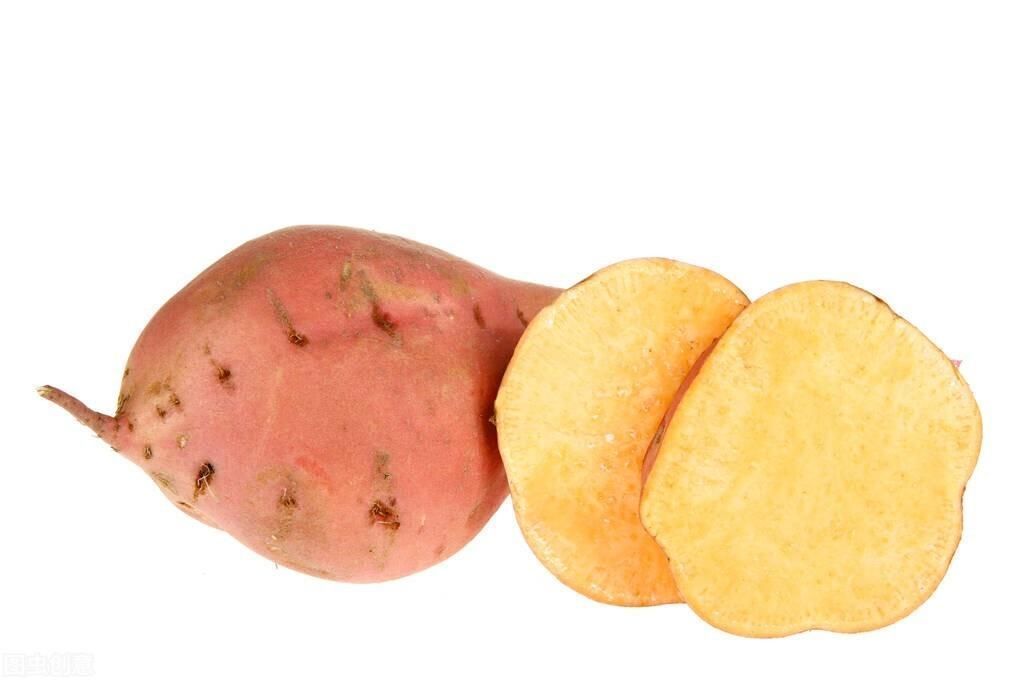內容目錄
Farting means that the bowel is running smoothly, which is normal. Although it is not civilized to do this in public, everyone farts every day, even the most elegant people, usually about 5-10 times a day. If you do not fart, often fart, fart is too smelly, etc. are abnormal. I heard recently that people with bad liver fart more. What is the truth?

Have liver problems, fart prophet?
The liver is an important organ for detoxification and digestion. When there is a digestive problem, intestinal diseases should be excluded first, and liver abnormalities should also be alerted. The liver secretes bile, which is stored in the gallbladder and released when eating to digest and absorb nutrients. Liver lesions are bound to affect bile secretion and reduce the content of digestive enzymes.
A diet high in protein and cholesterol increases the burden on the digestive tract, making it difficult for it to be digested and decomposed. It gradually decomposes and rots in the intestines, producing too much gas, leading to increased farting. However, frequent farting does not mean that there is a problem with the liver, or other health problems.

What are the possible problems with farting?
1. Constipation
Irregular meals a day, lack of water and dietary fiber, eating too little, not getting enough exercise It can slow down the peristalsis of the gastrointestinal tract, and the transformed feces continue to stay in the intestines and are difficult to excrete, which increases the time when the intestines are in contact with the feces; coupled with the decomposition of intestinal bacteria, it is easy to generate too much gas, which eventually leads to an increase in farting.
2. Gobbling
With the acceleration of the pace of life, people are used to gobbling when eating, and swallowing directly after chewing a few times. Gas easily enters the stomach with food, thereby accelerating the aging of the gastrointestinal tract, and at the same time affecting the peristalsis of the intestines, resulting in an increase in farting.

3. Gastrointestinal disease p>
Suffering from gastric ulcer, duodenal ulcer, chronic gastritis, etc., can weaken the ability of food digestion and absorption, so that food residues have been in contact with the intestinal tract, and the bacteria stationed in the intestinal tract can be decomposed, thereby causing excessive More gas, making people prone to farting.
4. Eating too much gas-producing food
Sweet potatoes, milk, radishes and potatoes are all prone to gas , mainly related to the dietary fiber in it, which promotes the decomposition and digestion of food by the intestinal flora, resulting in the phenomenon of more farts.

What kind of fart to be wary of?
1. Strong smelly farts
Eating too many high-sulfur foods, such as purple cabbage or broccoli, onions, Cheese and garlic, etc., can also smell a strong fart odor. Excluding dietary factors, the persistent presence of stinky farts also requires vigilance against irritable bowel syndrome or inflammatory bowel disease.
2. Excessive farting and constipation
Insufficient intake of dietary fiber can lead to difficulty in defecation and prolong the passage of stool in the colon Staying time, easy to produce too much odor, over time induce or aggravate constipation. Such people should adjust their diet, drink plenty of water, and provide 25-30 grams of dietary fiber per day; maintain moderate exercise to maintain gastrointestinal motility.

3. Lots of farts and smelly menstrual periods
In order to promote the smooth discharge of menstrual blood during menstruation, the secretion of prostaglandins increases. Prostaglandins not only promote the contraction of the uterus, but also promote the contraction of other organs, and the intestine is no exception. Digestive function is affected due to bacterial changes during menstruation, resulting in stinky farts.
4. Farts are smelly and accompanied by indigestion
Fars are smelly, and at the same time, there will be indigestion, so As you know, the body is intolerant to dairy products. These patients lack the enzyme lactase and cannot absorb lactose, which is then broken down by bacteria in the small intestine, eventually releasing a foul odor.

Message from the doctor
Most of the increase in farting is related to physiological factors, adjust your life well Get used to it. Maintain a balanced diet, chew slowly when eating, and eat less food that is easy to produce gas; maintain moderate exercise, massage the abdomen properly, and supplement probiotics appropriately.
Family doctor online feature, unauthorized reprint